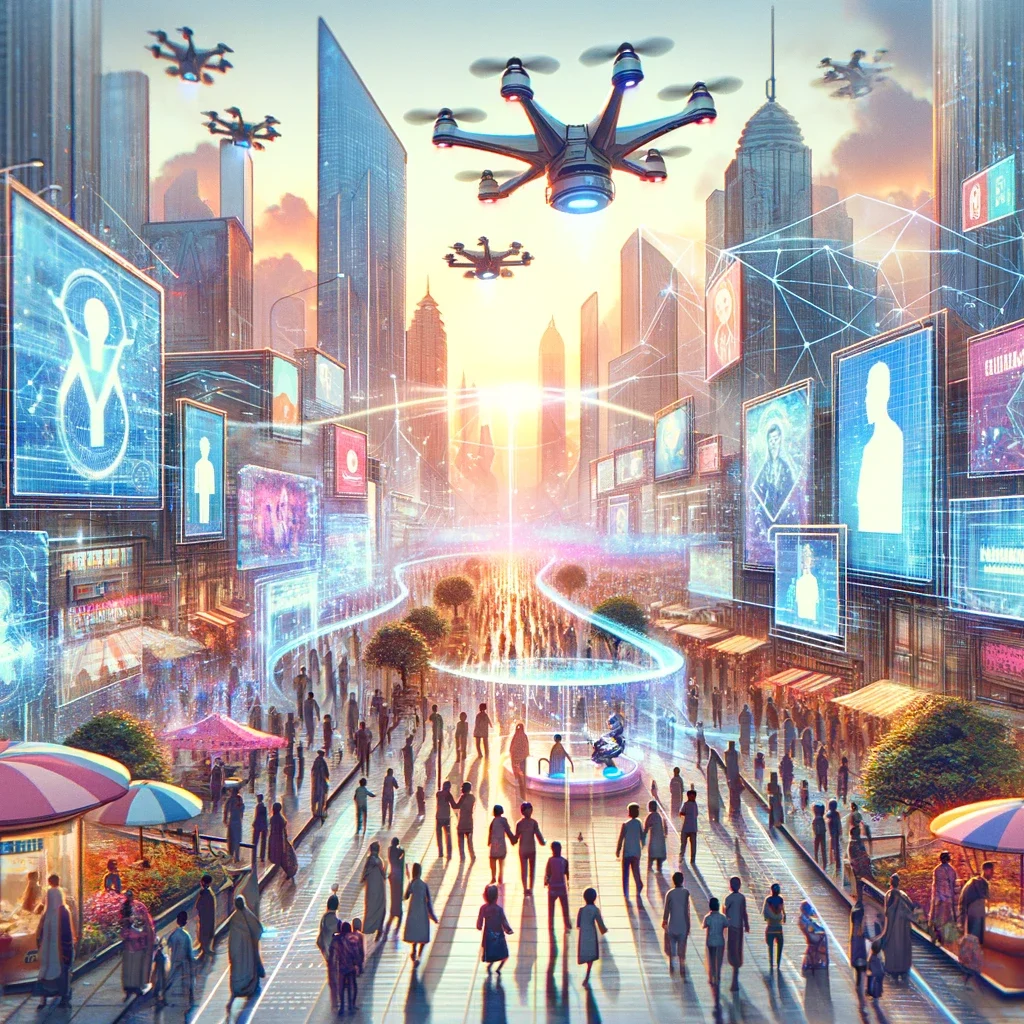In the ever-evolving landscape of education, a new protagonist has emerged: artificial intelligence (AI). Once confined to the realm of data processing and algorithms, AI has transcended its boundaries and is now making significant strides in fostering ‘soft’ skills – a transformative wave that is reshaping the future of learning. One notable player in this arena is OpenAI’s ChatGPT, which is revolutionizing the traditional educational dynamic by engaging in meaningful conversations and providing personalized mentorship to learners.
A paradigm shift in learning
AI’s influence in education is no longer a mere buzzword. As AI’s capabilities continue to advance, it is transitioning into a 24/7 mentor, redefining the way we acquire skills and knowledge. This wave of AI integration eliminates the intimidation factor often associated with complex technology, bringing AI closer to our daily experiences.
ChatGPT is more than just computation
Platforms like ChatGPT exemplify AI’s potential as an educational ally. These AI tools not only perform computations but also engage in empathetic conversations, bridging the gap between technology and human interaction. By nurturing skills such as creative problem-solving, communication, and empathy, AI is breaking down barriers to education and democratizing learning opportunities.
Empowering soft skill
Statistics from a study conducted by the Pew Research Center underscore the urgency of nurturing soft skills in education. Approximately 67 percent of educators acknowledge that students lack essential soft skills. Schools incorporating AI have witnessed an impressive 30 percent increase in achievement metrics related to these vital skills.
Leading educational institutions and corporations are already reaping the benefits of AI integration. Stanford University pioneers the use of AI in teaching negotiation strategies, creating an iterative learning environment for students. In the corporate realm, Talla harnesses AI for personalized employee training, focusing on enhancing both hard and soft skills.
Stanford’s AI simulator for negotiation skills provides a safe space for students to master real-world scenarios. Talla’s approach in the corporate sector demonstrates AI’s role in customizing employee training, facilitating improvement in various skill sets, and pushing the boundaries of conventional training methodologies. Notably, Georgia Tech’s AI teaching assistant, known as “Jill Watson,” showcases AI’s capacity to offer instant, corrective feedback to students, further solidifying its transformative potential in education.
An exciting epoch for education
The success stories from Stanford, Talla, and Georgia Tech highlight AI’s contribution to crafting dynamic and personalized learning environments. This marks an exciting era for AI’s integration into education, as it enriches the learning experience by offering tailor-made guidance and feedback.
In the grand tapestry of education, AI is not an antagonist trying to take over. Instead, it acts as a catalyst for growth, particularly in the realm of soft skills. As AI’s prowess continues to soar, its impact as an educational mentor will deepen. The time has come to welcome AI as our co-traveler on the journey to holistic learning.
AI’s role in education is no longer a distant dream but a present reality. The fusion of technology and education is creating a learning landscape where AI-driven mentorship shapes well-rounded individuals equipped with both ‘hard’ and ‘soft’ skills. As AI continues to revolutionize education, it’s crucial to embrace its potential and integrate it harmoniously into the learning journey.





